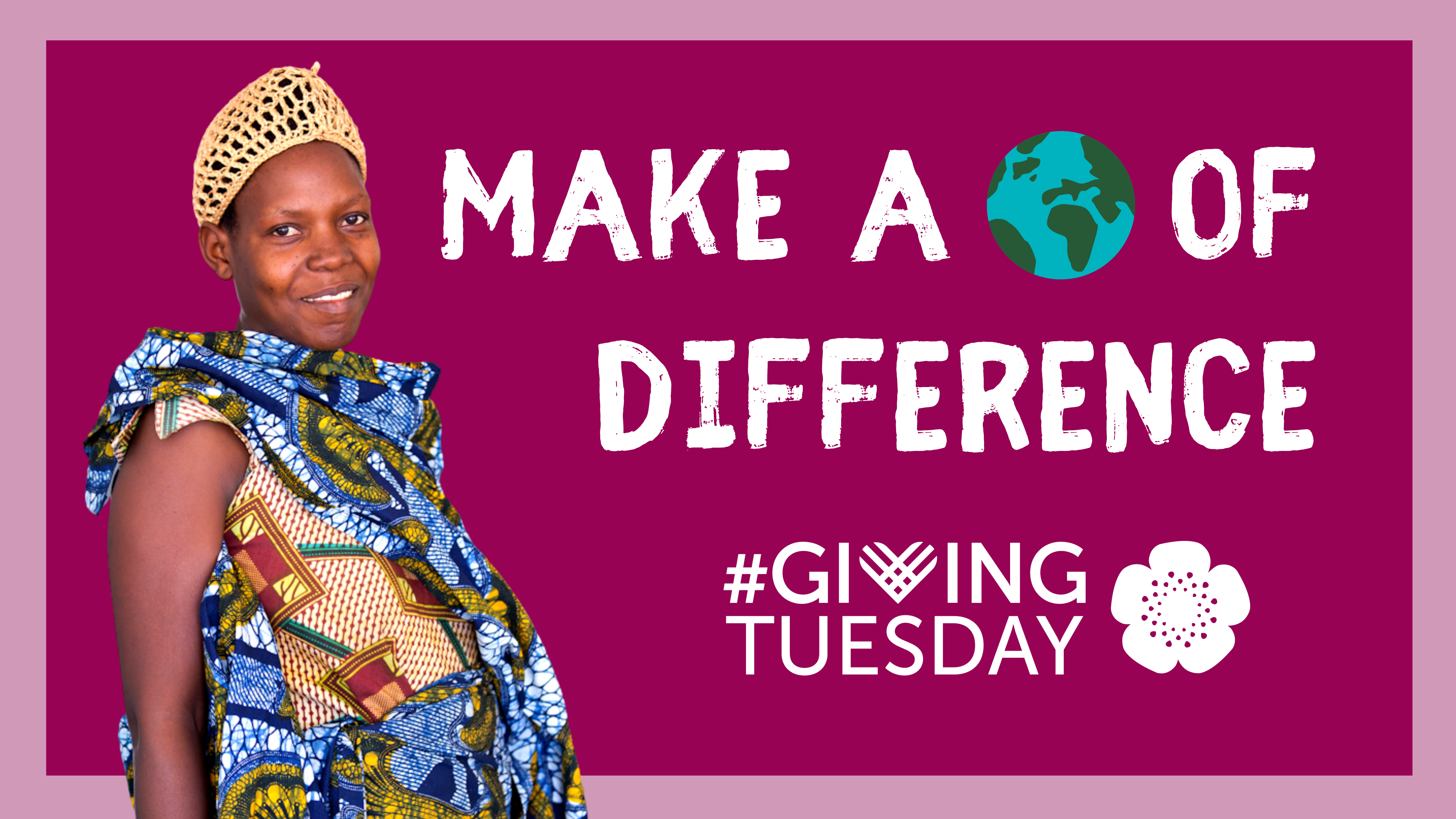
Not too long ago the news story of five Chinese female protestors, nicknamed the “five feminists” made headlines around the world. These women were organizing a protest to be stated on International Women’s Day (March 8) but authorities got wind of the event that was to take place and arrested them on March 6. They were detained for just over a month and eventually released on bail April 13. The world rejoiced, as did we, but that is unfortunately not the end of the story for these women.
Each of the women were separately interrogated up to 40 times each, but due to mounting pressure from the international media as well as world leaders speaking publicly about the need to release the women, the Chinese authorities did just that, but the women are on bail and cannot leave the country without permission from the government for 1 year while the investigation continues.
So what was their explicit crime? Raising awareness about sexual harassment and domestic violence, causes that each of the women feel strongly about. They planned to do this by distributing stickers they had made, and sticking them on public transport around Beijing.
China, being a country ruled by a communist part, does not allow any form of public protest that goes against the government. And even though these women weren’t protesting the government the say way, say, Pussy Riot were in Russia, President Xi Jinping and his party do not want girls like the feminist five to become “heroes” in any way. Basically, they fear the people of China might one day become too powerful and rise up against them.
In an exclusive interview with Foreign Policy, one of the activists spoke anonymously about her ordeal in order to shed light on why freedom of expression is not something to be taken lightly.
“The taking of the Feminist Five went beyond the usual strict measures taken around the time of China’s annual legislative session. The detentions also happened because the women represented a larger community of young feminist activists. Over the last several years, these activists had become influential advocates, the kind of people whom China’s elaborate security system of ‘stability maintenance’ often aims to stymie,” writes Zhao Sile from FP.
“What they are most scared of is the entry of citizen expression into the public sphere,” said Ai Xiaoming, a feminist scholar and professor of Chinese literature at Sun Yat-sen University in Guangzhou. Some of the feminist five had previously taken part in a demonstration on Valentines Day wearing blood-stained brides dresses to shed light on domestic violence and intimate partner violence.
“These activists possess clear public interest demands, utilize creative approaches, and evoke positive media reaction. They constitute a sustainable force of activism, and thus an uncontrollable one.”
It is clear from the admission of the anonymous activist that the Police also didn’t have enough evidence to keep the women detained, and their reason for arresting them has changed and includes some far-fetched ideas. The police were scared that the women’s protest was somehow connected to the protests in Hong Kong in 2014 where the people were angry at their government for taking democracy away from political elections.
“The police suspected that ‘foreign forces’ instigated [my work] and questioned whether I had received money or compensation for my activities. These charges are ridiculous. What we have done is aimed wholly at promoting gender equality or fighting sexual harassment. I answered that I am also a victim of sexual harassment, and I care about the cause,” said the activist.
Before they were freed the charges were changed to “disturbing public order” which is so absurd we cannot even fathom why protesting against sexual harassment is a crime. What IS a crime is sexual harassment itself, but that didn’t come into law in China until 2005, and that was largely due to pressure from human rights and feminist groups which made sure the government saw this issue for what it is.
It is a tough pill to swallow that although something may be a crime, even though it still happens women are not allowed to speak publicly about it. It makes us realize that the many sexual harassment and anti-gender violence and anti-rape campaigns that are being created elsewhere in the world everyday, they are more important than we realize. Sure it could seem from the outside that viral attention from the media and the internet isn’t going to specifically stop sexual harassment from happening, but the whole reason for protests, campaigns and public awareness is so that these important messages start to become part of our everyday culture and collective consciences, and THAT is where change starts.
Take for instance the recent ‘No Catcall Zone’ campaign started by t-shirt company Feminist Apparel in New York City.
Their aim was not just to raise awareness but provoke discussion around street harassment – one of the least acknowledged forms of sexual violence in America and around the world. Yet other viral campaigns, such as the 10 hour video showing a girl walking around NYC street being endlessly harassed has brought this issue to light and has got everyone talking. This is good!
Feminist Apparel used funds raised from selling their t-shirts, many of which bear slogans of similar nature to the signs, and erected the “no catcall zones” placards around the big apple.
The reason for their campaign was simple: street harassment is often dismissed, and there isn’t enough comprehensive research to compel authorities and everyday citizens why this is a big deal.
“Awareness-building and dialogue-creation surrounding feminist issues is at the core of our nonprofit’s mission,” Alan Martofel, Feminist Apparel’s production coordinator, told the Christian Science Monitor.
“There are currently over 50 signs… We hope to get [more up], as street harassment and catcalling is obviously a universal issue not contained to any one neighborhood.”
The statistics vary from country to country in the studies that have been conducted. In the US it is estimated that two out of three women have experienced some form of harassment. Other countries across Europe reported up to 80% of women surveyed having experienced harassment, and 50% said they had seen it happen to someone else.
Sexual harassment is a problem in itself, but when there is the added problem of not being taken seriously or not knowing where to report it (or even if it is defined by law as a crime) it becomes harder to find solutions to prevent it. This is wy the Everyday Sexism project in the UK, started by Laura Bates, has become incredibly popular.
She started the site as a way for women to anonymously share stories of being harassed and groped on public transport after being sick of experiencing it herself, and the response was overwhelming. To date she has received over 50,000 submissions from all over the world, and Laura’s platform has become a crucial resource for UK authorities to learn more about this issue and handle complaints appropriately.
When we think of what an impact Laura Bates and the ES project has had in the UK, it makes us sad that this is what the feminist five were essentially trying to do, and had their voices silences by a regime that doesn’t allow any autonomy.
In the UK they have really ramped up their focus on sexual harassment on public transport and recently released the ‘Report it to Stop It‘ campaign urging women to speak up about their experiences. Produced in conjunction with London Transport, the idea is that they want more victims not to stay silent, as the video below estimates 10% of passengers experience unwanted sexual behavior on public transport in London but only 1 in 10 will report it.
They say that they will have authorities on hand to hear their story, take it seriously and work harder to prevent these offenses. It may seem like a far stretch, reporting an anonymous guy on a train to the police and possibly never seeing him again. But the fact that they want the data and see this as worth spending time, money, and energy in is a great thing.
In some cases of sexual harassment, it can lead to other crimes such a violence and rape. Rape culture has hit an all time high in our collective consciences globally and women are speaking up about it like never before. These are all interconnected issues and it stems from sexism, and the view that women are to be used for male consumption and therefore are not equal.
In Germany, a young woman by the name of Elonë Kastratia read a tweet one day that said “imagine if men were as disgusted with rape as they are with periods” and used that to create a unique protest around her home town of Karlsruhe. She took a bunch of sanitary pads with message like the one in the tweet she saw, and started sticking them on public spaces around the city where people would notice them.
Her protest started on International Women’s Day, and her images have gone viral around the world. A similar campaign was even started in Delhi, which is considered the rape capital of India and has been more known for its rape cases in the news media than anything else over the past few years.
“I wanted to make people aware of problems, and I wanted to provoke. I never thought that it would go [viral] like this. I wanted to only provoke the people in the city because there is so much sexism,” Elone told the Huffington Post.
“I’ve gotten many nice responses from very nice people all over the world. I also got bad responses saying I hate men or am seeking attention. I really don’t care, because I don’t hate men at all. For me, feminism means equality. As for the attention thing, I wanted to get attention on this thing!”
There’s a reason why these campaigns are going viral, getting major attention from the international media, are provoking heated discussions from both sides: we NEED these! Another anti-rape campaign from the UK, called #ThisDoesntMeanYes offers a simple manifesto that seeks to eliminate any blurred lines that could be misconstrued as consent in a court of law or anywhere else.
It’s baffling to think that what a girl is wearing or how drunk she is are seen as legitimate reasons for getting away with rape. Actually it is not baffling, it is disgusting, and it is yet another reason why these types of anti-harassment campaigns are needed!
The message is that “only YES means yes”. Sadly, because there is a huge lack of consent definitions in certain laws relating to sexual crimes, it is up to everyday people and organizations to use their voices to make governments and authorities realize how serious consent it.
The campaign was started by the Rape Crisis Center in London and they photographed 200 ordinary women to send the message home that unless they hear those magic words, don’t assume you have been given consent in any way. They were inspired to create this series of powerful images after reading statistics that 43% of women in the UK aged between 18-34 experience some form of sexual harassment, 85,000 women are raped and 400,000 are sexually assaulted in the UK each year, and worst of all that nearly a quarter of the British public believe that a woman is responsible for being raped becaue of what she wears.
It is easy to get bogged down in statistics, and let’s be clear, there is absolutely a right time and place for anger! Anger can sometimes be the fuel that helps us get things done, and in the case of campaigns like the ones mentioned in this article, anger is what is going to make people think about these issues when they see the images on their TV screens, on the subway, on the internet and around their cities.
When we think of the women in China whose voices are being drowned out by bureaucracy and red tape, we owe it to these women to stand in solidarity and raise our voices about their struggles and on their behalf. Our hope is that in light of the ongoing “investigation” into the supposed criminal activities of the feminist five who are passionate about living in world where gender equality is a reality, that each of us will support campaigns that we see that aim to change the culture of sexual harassment, rape, domestic violence and gender violence.
The Chinese story has proved we cannot always rely on governments, laws, and authorities to change the statistics on these crimes, but as the Everyday Sexism project has proved, we hold power to educate and inform them as to how they can better serve us as women.


























